Revolutionizing Industries: Top 10 Innovative Chemical Products Shaping the Future

Chemicals are at the forefront of today’s technological revolution. The use of advanced chemical products is driving innovation across every major industry—from automotive and electronics to packaging and renewable energy. With increasing demands for sustainability, performance, and recyclability, these materials are transforming modern manufacturing and engineering. This article highlights the top 10 most innovative chemical products that […]
PMDA vs Epoxy Chain Extenders: A Comprehensive Comparison for Polyester Modification
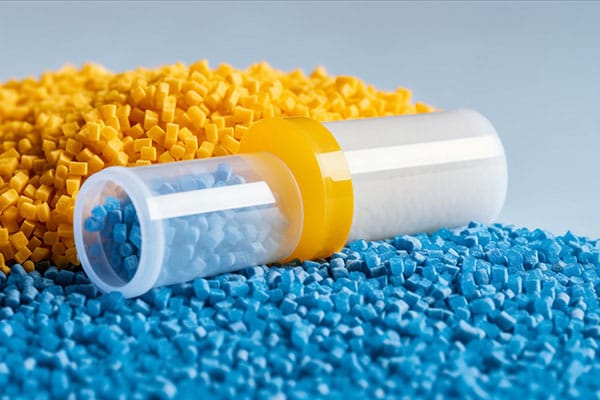
In the field of polyester modification—particularly when working with materials such as PLA (polylactic acid), PET, and rPET—chain extenders are vital additives used to improve melt strength, molecular weight, and overall processability. Two popular types of chain extenders are PMDA (pyromellitic dianhydride) and epoxy-functional chain extenders, such as HyMax® KL-180. Although both aim to achieve similar goals […]
Application of HyMax RT-A1 Flame Retardant Masterbatch in Transparent BOPET
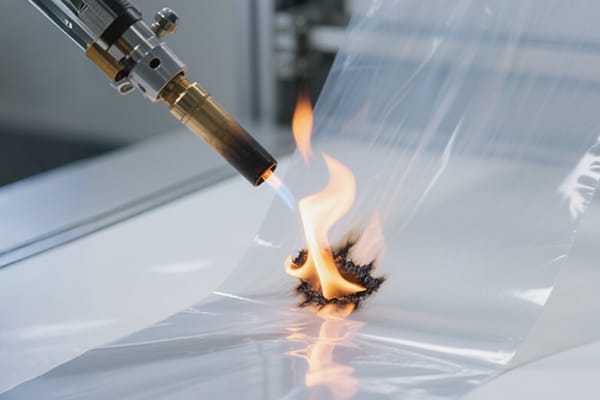
As consumer demand for product safety and environmental friendliness continues to rise, transparent BOPET (biaxially oriented polyethylene terephthalate) film, widely used in food packaging, electronic product protection films, and optical devices, is increasingly required to have enhanced flame retardancy. HyMax RT-A1 flame retardant masterbatch, an innovative flame retardant additive, is being applied in the production […]
How to Enhance the Market Competitiveness of Polyester monofilament?
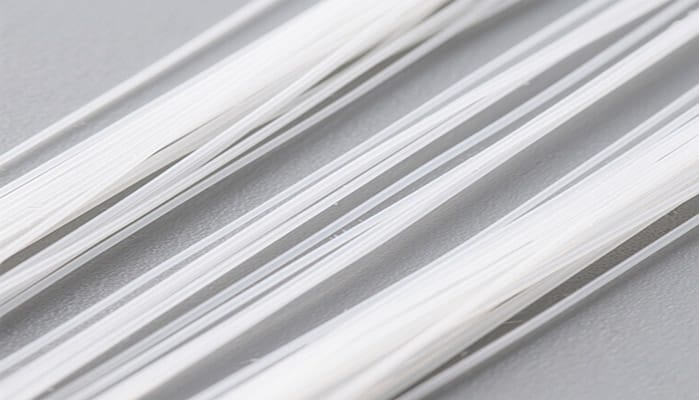
Polyester monofilaments are being used more and more in industries like textiles, packaging, geotechnical engineering, and automotive. This expansion brings with it intense competition and new challenges. Polyester producers are under increasing pressure due to overcapacity and product homogeneity. Hydrolytic degradation is a critical performance issue, particularly under high temperature and humidity. Traditional polyester monofilaments […]
What is the real difference between anti-PID additives and conventional additives in PV modules?
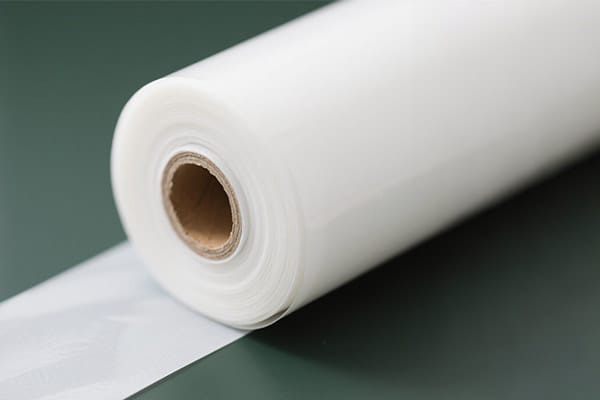
The global photovoltaic (PV) industry is expanding rapidly, and improving the reliability and performance of solar modules has become a strategic priority. One major challenge is Potentially Induced Degradation (PID) — a phenomenon that can reduce solar panel power over time, especially in environments with high voltage, humidity, and temperature. What Are Anti-PID Additives and […]
Questions To Ask Before Choosing A Carbodiimide Antihydrolysis Agent Supplier
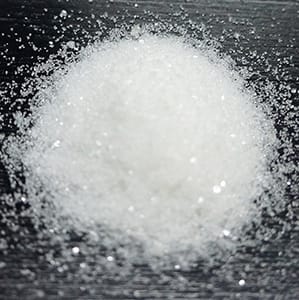
In the rapidly evolving world of polymer additives and materials, anti-hydrolysis carbodiimide agents are becoming increasingly important in improving the durability of hydrolysis-prone products like PLA, TPU, PBT, and. It’s not only about choosing a product for distributors and trading firms, but also about selecting a partner that can deliver reliability, quality and technical expertise. Here are ten key questions that you should […]
Is rPET Suitable for Food-Grade Packaging?
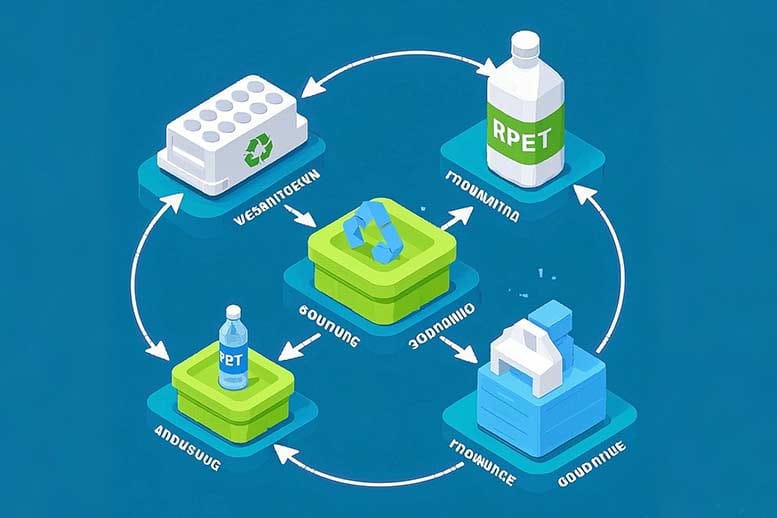
Globally, the push for sustainability has led to a boom in recycled materials being used across all industries. Recycled polyethylene terephthalate has been gaining attention in many industries, especially the food packaging industry. Many companies are looking at rPET to replace virgin PET due to the growing concern about plastic waste. But the question is: Can rPET be […]
Why are photovoltaic modules affected by PID?

Introduction Solar power plants’ long-term profitability is determined by the stability and efficiency photovoltaic modules. The PV modules can suffer from Possible Induced Decay (PID) during prolonged operation. This phenomenon leads to a reduced power output and lower efficiency. It may even pose safety risks for the whole PV system. PID can have a major impact on the energy […]
Common Stabilizers Used in the Production of Polyester Monofilament
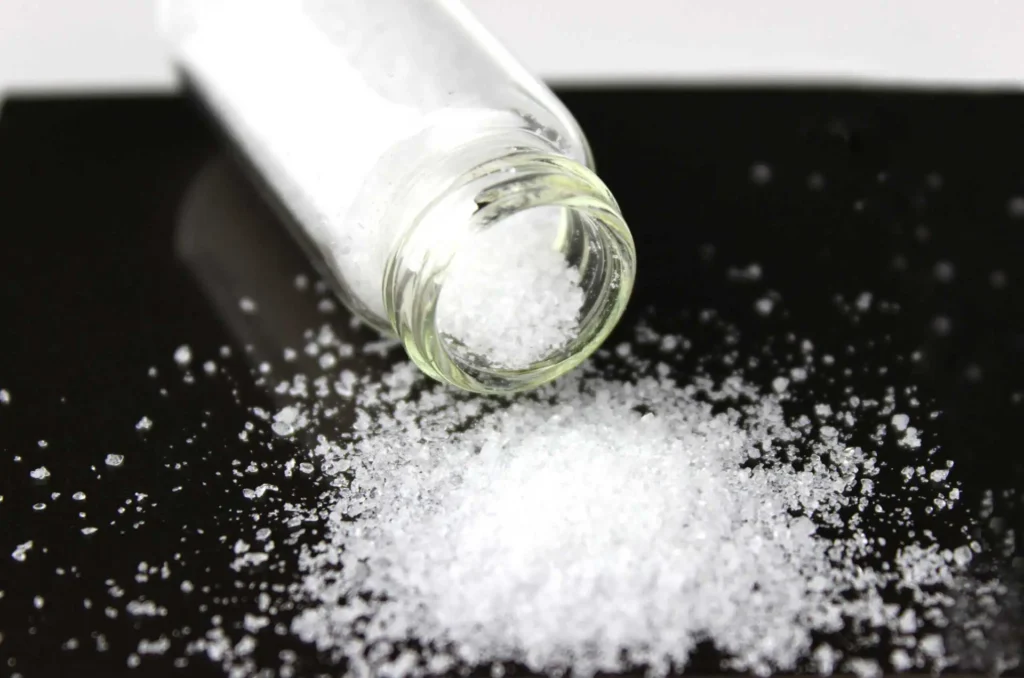
Introduction Polyester monofilaments are widely used in various industries, including textiles, industrial applications, fishing lines, 3D printing, and medical sutures. These materials are highly valued for their flexibility, strength, and durability. However, polyester is susceptible to several types of degradation during processing and production, including hydrolysis and UV-induced damage. These degradation mechanisms can negatively affect […]
